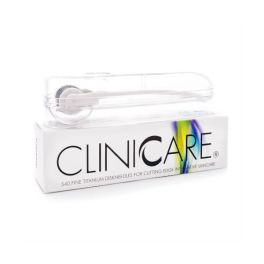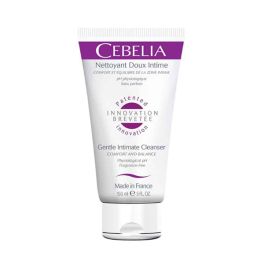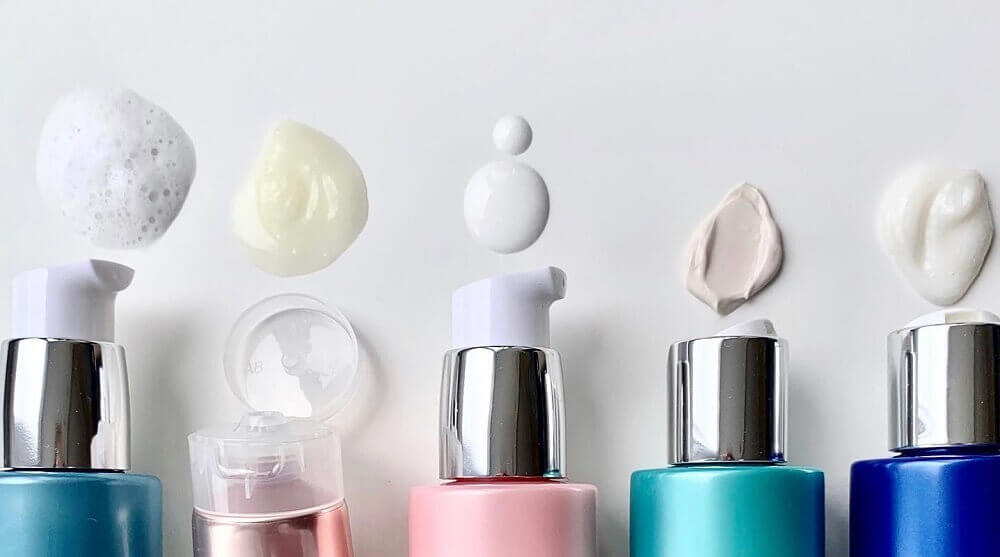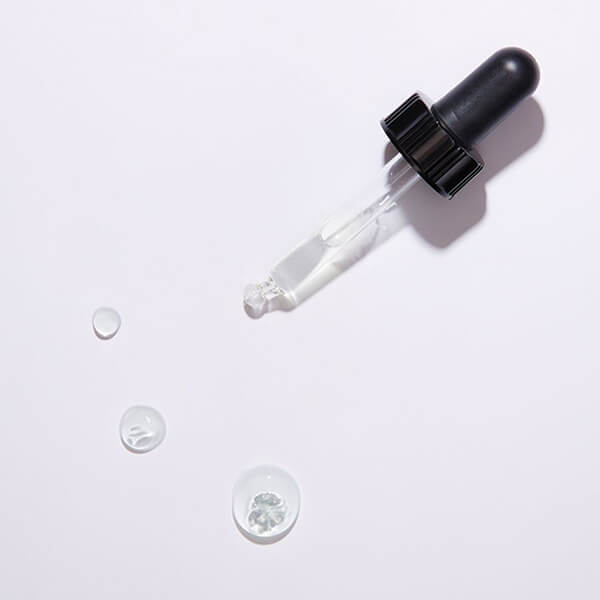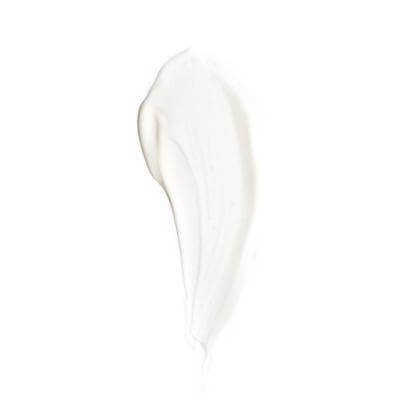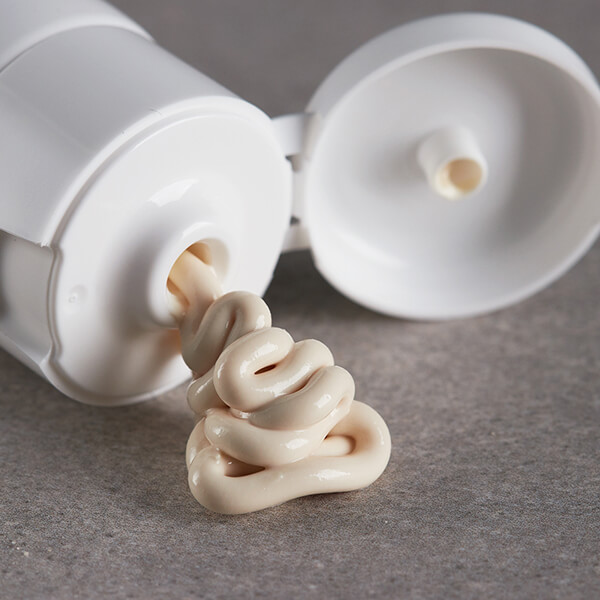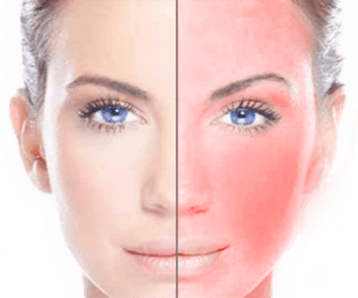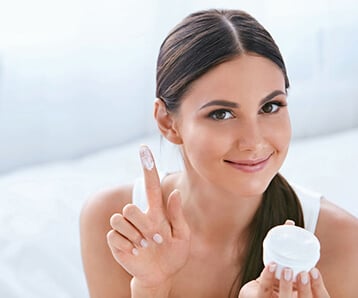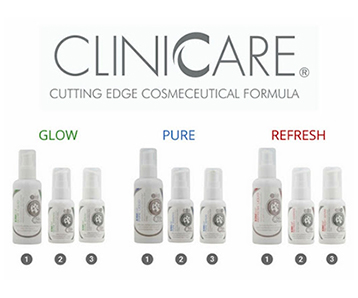What Is The Difference Between An Emollient, Humectant, And Occlusive? Posted on 4 Sep 2023
Think all moisturizers are the same? Think again! Your skin’s hydration needs are unique, and understanding the difference between three hydrators – emollients, humectants, and occlusives – can be a game-changer in your skincare routine.
Let’s unpack these three hydration heroes and find out which one is your skin's best friend.
What are humectants?
Imagine ingredients that act like magnets, drawing water into your skin. That's what humectants do. Famous humectants like Hyaluronic Acid, glycerin, aloe vera gel, and urea pull moisture from the deeper layers to the surface, ensuring your skin stays hydrated and plump. They are typically found in light, watery moisturizers that absorb quickly, making them a favorite for acne-prone skin or for those hot summer days when you prefer something lighter.
Do you need a humectant?
If you have oily or combination skin, or if your skin often feels dehydrated (think tightness, itchiness, or fine lines that appear and disappear), humectants are your go-to option.
What are emollients?
A step up from humectants, emollients are all about texture and richness. These soothing agents, found in ingredients like cocoa butter, shea butter, colloidal oatmeal, squalene, and triglycerides, work to soften and smooth rough, flaky skin. They're like the ultimate comfort blanket for your skin, repairing and strengthening the skin barrier, which is especially beneficial for dry or eczema-prone skin.
Do you need an emollient?
Everyone, really. But if you have dry or maturing skin, emollients are particularly crucial to maintain a healthy, youthful glow.
So, whether your skin is craving a drink of water, needs a comforting touch, or both, there’s a moisturizer out there that’s just right for you. Remember, the key to happy skin is understanding its unique needs and giving it exactly what it craves!
What are occlusives?
Ever wonder how to lock in all that moisture your skin craves? Enter occlusives – the final, protective step in a skincare routine, especially beneficial for night use. Think of them like a shield, locking in moisture and guarding against external irritants. Common occlusives like petrolatum, lanolin, and mineral oil, often found in emollients, are just the tip of the iceberg.
Occlusives come in many forms - waxes, silicone, oils, fatty acids, and dimethicone, to name a few. Due to their rich, heavy texture, they are a lifesaver for extremely dry or damaged skin that needs some serious nurturing.
A catch for acne-prone skin
If you're managing acne, tread carefully with occlusives. Their heavy consistency can be tricky for acne-prone skin, potentially leading to clogged pores and breakouts. Always opt for non-comedogenic options to avoid these issues.
Do you need an occlusive?
If your skin is parched, compromised, or dealing with conditions like eczema, psoriasis, or dermatitis, an occlusive is your skin's best friend.
The big picture: Humectants, emollients, and occlusives
- Humectants: Your go-to for hydration, pulling moisture into the skin.
- Emollients: Think skin barrier restoration and surface softening.
- Occlusives: The ultimate moisture seal to prevent loss.
As seasons change, so does your skin. It's wise to have a range of humectants, emollients, and occlusives on hand to adapt to your skin's evolving needs. Ready to explore your options? Dermacare Direct has got you covered with a wide array of skincare treasures.
Whether you need advice or are ready to shop, we’re here to make your experience seamless. Reach out to us through live chat, email at [email protected], or call us directly at 0116 251 4848 for personalized guidance from our experts.














